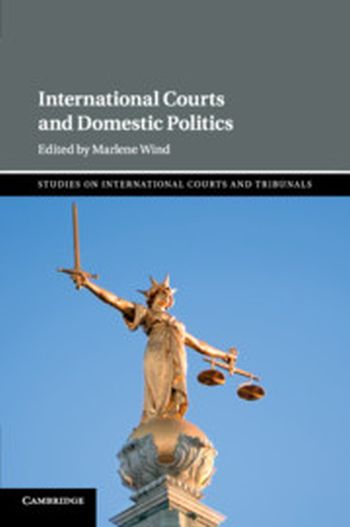
International law in national courts, and among politicians and citizens, does not always have the desired effect at the domestic level. This volume is a genuinely interdisciplinary analysis of international law and courts, examining a wide range of courts and judicial bodies, including human rights treaty bodies, and their impact and shortcomings. By employing social science methodology combined with classical case studies, leading lawyers and political scientists move the study of courts within international law to an entirely new level. The essays question the view that legal docmatics will be enough to understand the increasingly complex world we are living in and demonstrate the potential benefits of adopting a much broader outlook drawing on empirical legal research. This volume will have great appeal to anyone interested in the effects - rather than just the processes and structures - of international law and courts.